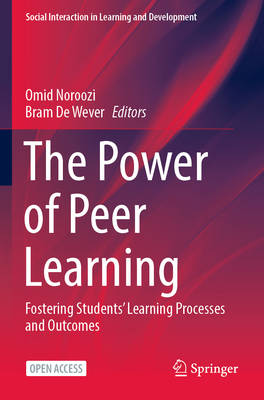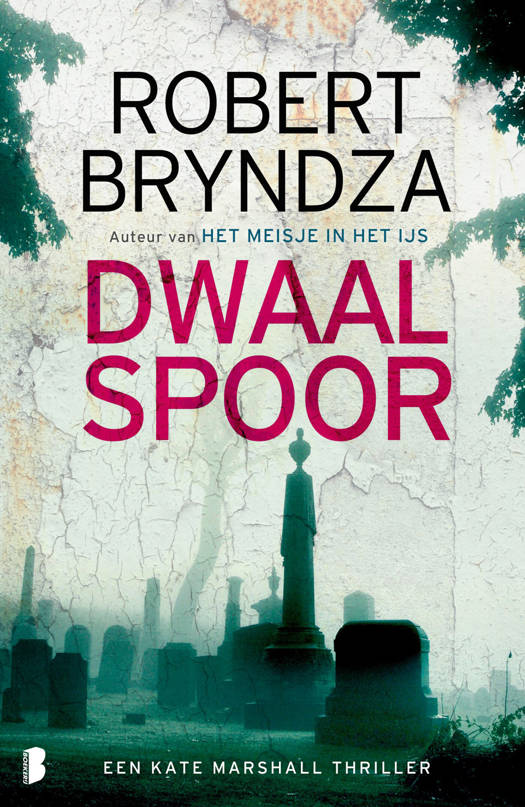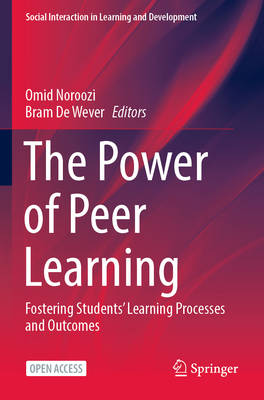
- Afhalen na 1 uur in een winkel met voorraad
- Gratis thuislevering in België vanaf € 30
- Ruim aanbod met 7 miljoen producten
- Afhalen na 1 uur in een winkel met voorraad
- Gratis thuislevering in België vanaf € 30
- Ruim aanbod met 7 miljoen producten
The Power of Peer Learning
Fostering Students' Learning Processes and Outcomes
Omschrijving
This open access book explores new developments in various aspects of peer learning processes and outcomes. It brings together research studies examining how peer feedback, peer assessment, and small group learning activities can be designed to maximize learning outcomes in higher, but also secondary, education.
Conceptual models and methodological frameworks are presented to guide teachers and educational designers for successful implementation of peer learning activities with the hope of maximizing the effectiveness of peer learning in real educational classrooms.
There is a strong emphasis on how technology-enhanced tools can advance peer learning, both with respect to designing and implementing learning activities, as well as analyzing learning processes and outcomes.By providing empirical studies from different peer learning initiatives, both teachers and students in academic and professional contexts are informed about the state of the art developments of peer learning.
This book contributes to the understanding of peer learning challenges and solutions in all level of education and provide avenues for future research. It includes theoretical, methodological, and empirical chapters which makes it a useful tool for both teaching and research.
Specificaties
Betrokkenen
- Uitgeverij:
Inhoud
- Aantal bladzijden:
- 392
- Taal:
- Engels
- Reeks:
Eigenschappen
- Productcode (EAN):
- 9783031294136
- Verschijningsdatum:
- 21/06/2023
- Uitvoering:
- Paperback
- Formaat:
- Trade paperback (VS)
- Afmetingen:
- 156 mm x 234 mm
- Gewicht:
- 571 g

Alleen bij Standaard Boekhandel
Beoordelingen
We publiceren alleen reviews die voldoen aan de voorwaarden voor reviews. Bekijk onze voorwaarden voor reviews.












